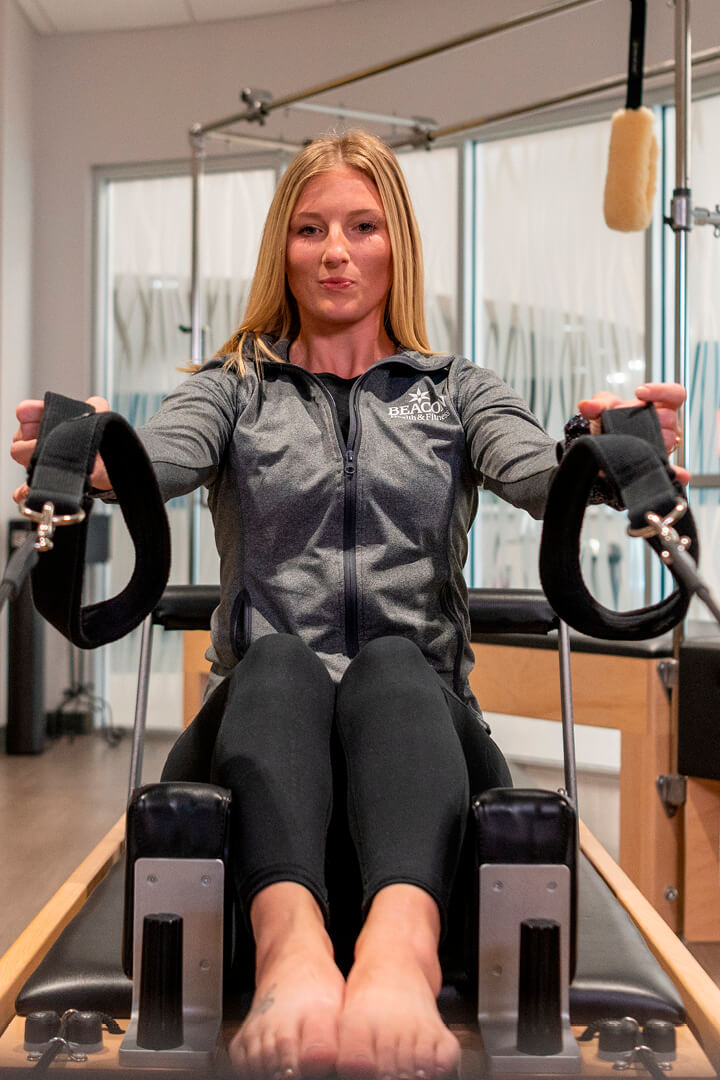Culturelle or Align? Kombucha or yogurt?
Many people with IBS or other digestive difficulties often look to find relief through increasing the healthy, good bacteria that live in the digestive tract. However as researchers continue to study the microbiome, it is becoming increasingly clear that our health is impacted in many ways by our gut bacteria. And that’s where prebiotics and probiotics become part of our grocery list. But what are they?
Prebiotics are naturally occurring parts of foods we eat – mostly fibers that exist in foods that promote the growth and health of good bacteria that live in our body. Prebiotics are “food” for our healthy bacteria in our gut that help them grow and flourish, preventing the “bad” from taking over.
Some examples of prebiotics that exist naturally in foods are:
- Inulin – asparagus or onions
- Cellulose – ground flaxseeds or celery
- Beta-glucans – oats or barley
Probiotics are live, good bacteria that help keep your body healthy and working well. Probiotics don’t just live in the “gut” or intestinal tract. They also exist in our mouth, on our skin and other areas of our body. Probiotics are necessary as they help the immune system function properly by helping to prevent the growth of unhealthy bacteria, in addition to helping digest foods and produce vitamins. Eating a diet rich in vegetables and whole grains will support the growth of these bacteria, naturally.
Some fermented foods that are a great way to introduce more healthy bacteria into your system are:
- Kefir
- Sauerkraut
- Kombucha
- Sourdough bread
- Tempeh
Supplements also exist for probiotics. However research on supplementation has not shown conclusive positive results for use with IBS or any other health condition of note. Supplements such as probiotics do not need FDA approval, and any claims on packaging may not be accurate. It is important to discuss all supplementation you may be taking with your healthcare provider as there could be medical interactions.
For more information on a health and nutrition, contact your Beacon Health and Fitness Registered Dietitian:
Elkhart: Kate Glick, RD kglick@beaconhealthsystem.org
Granger and South Bend: Erica Weinandy, RD eweinandy@beaconhealthsystem.org





